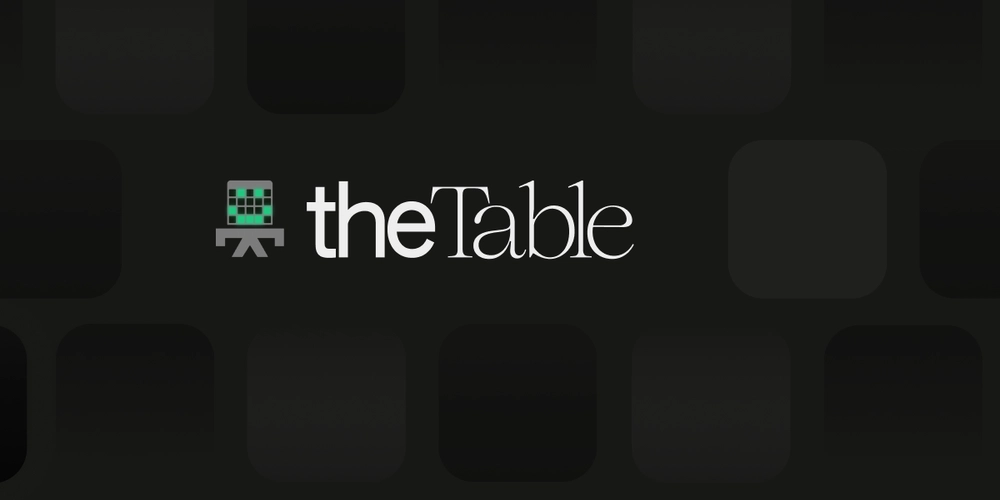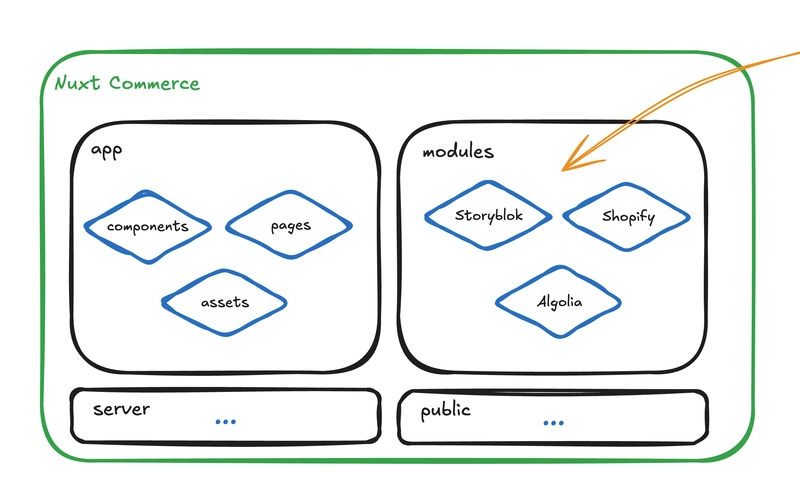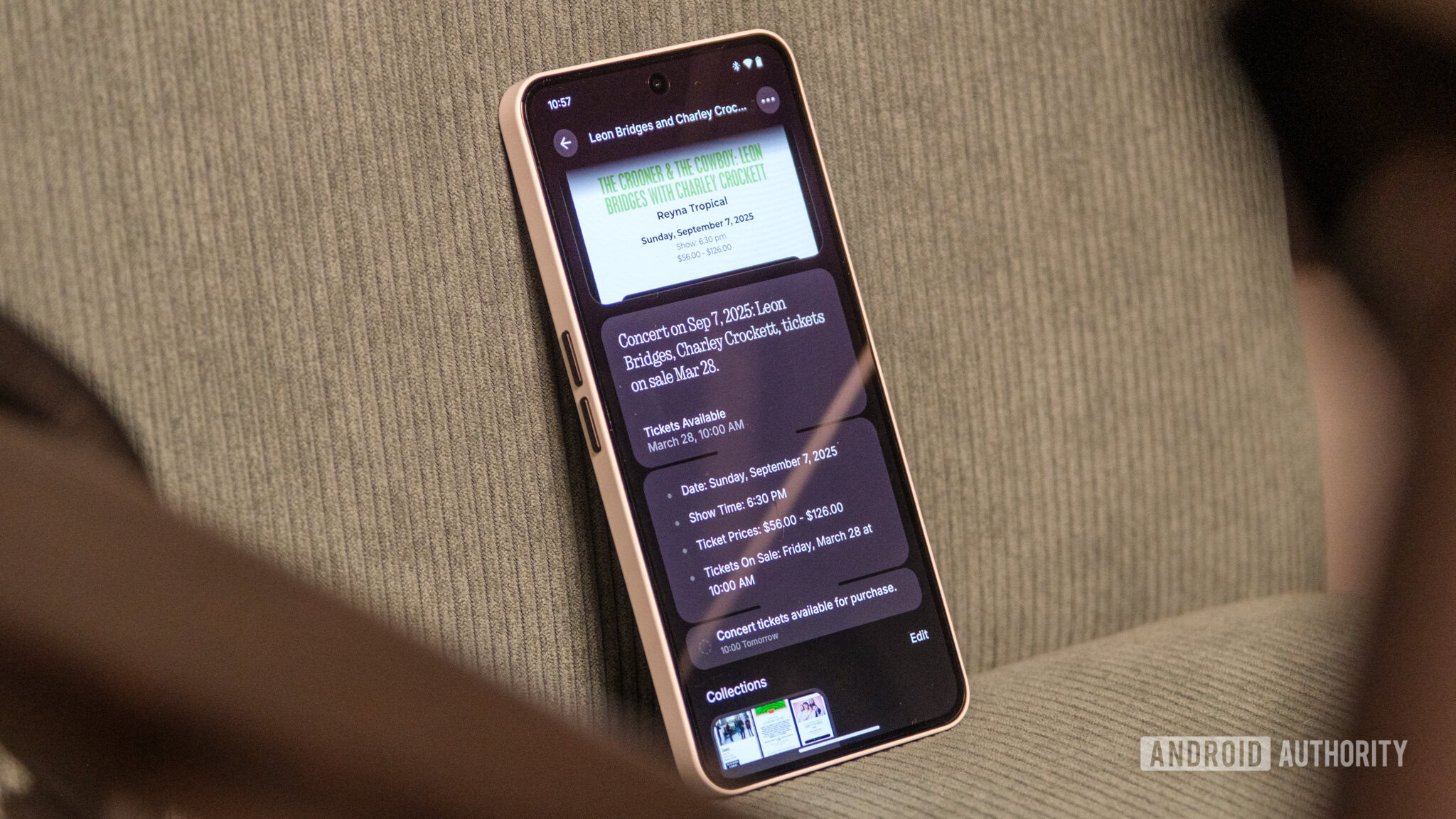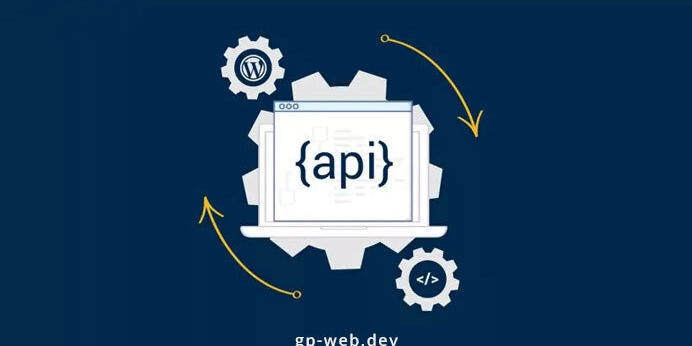10 Proven Ways to Boost Productivity as a Software Engineer
As a software engineer, staying productive is crucial—not just for meeting deadlines but also for maintaining a healthy work-life balance. Over time, I’ve discovered several strategies that significantly improve efficiency without burning out. Here are 10 actionable tips to help you get more done in less time. 1. Prioritize Tasks with the Eisenhower Matrix Not all tasks are created equal. Use the Eisenhower Matrix to categorize work into: Urgent & Important (Do now) Important but Not Urgent (Schedule) Urgent but Not Important (Delegate) Neither (Eliminate) This helps focus on what truly moves the needle. 2. Adopt Time Blocking (Instead of Multitasking) Multitasking kills productivity. Instead, time block your calendar: Deep Work Blocks (2-4 hours for coding) Shallow Work Blocks (Emails, meetings) Breaks (Pomodoro technique: 25 min work, 5 min rest) 3. Automate Repetitive Tasks Spending time on manual tasks? Automate them! Use Git hooks for pre-commit checks Set up CI/CD pipelines for deployments Write shell scripts for frequent commands 4. Master Your IDE & Keyboard Shortcuts A few seconds saved per action adds up. Learn: VS Code (Ctrl+P for files, F2 for renaming) IntelliJ (Alt+Enter for quick fixes) Vim/Emacs (If you’re into terminal efficiency) 5. Reduce Context Switching Switching between tasks costs up to 20 minutes of refocus time. Close Slack/Email during deep work Use "Do Not Disturb" mode Batch similar tasks (e.g., code reviews at once) 6. Write Clean, Maintainable Code Faster now = Slower later. Invest in: Meaningful variable names Small, testable functions Good documentation (READMEs, comments) 7. Use Debugging & Profiling Tools Stop guessing why code fails. Leverage: Chrome DevTools (Frontend debugging) Postman/Insomnia (API testing) Python’s cProfile / Java’s VisualVM (Performance checks) 8. Take Care of Your Health Productivity isn’t just about work habits: Sleep 7-8 hours (Coding tired = more bugs) Exercise regularly (Boosts focus & energy) Stay hydrated (Brain works better when hydrated) 9. Learn to Say No Not every meeting or feature request is worth your time. Politely decline: Unnecessary meetings (Ask for an agenda first) Scope creep (Push back on unrealistic demands) 10. Reflect & Improve (Retrospectives) At the end of each week, ask: ✅ What went well? ❌ What slowed me down?

As a software engineer, staying productive is crucial—not just for meeting deadlines but also for maintaining a healthy work-life balance. Over time, I’ve discovered several strategies that significantly improve efficiency without burning out. Here are 10 actionable tips to help you get more done in less time.
1. Prioritize Tasks with the Eisenhower Matrix
Not all tasks are created equal. Use the Eisenhower Matrix to categorize work into:
- Urgent & Important (Do now)
- Important but Not Urgent (Schedule)
- Urgent but Not Important (Delegate)
- Neither (Eliminate)
This helps focus on what truly moves the needle.
2. Adopt Time Blocking (Instead of Multitasking)
Multitasking kills productivity. Instead, time block your calendar:
- Deep Work Blocks (2-4 hours for coding)
- Shallow Work Blocks (Emails, meetings)
- Breaks (Pomodoro technique: 25 min work, 5 min rest)
3. Automate Repetitive Tasks
Spending time on manual tasks? Automate them!
- Use Git hooks for pre-commit checks
- Set up CI/CD pipelines for deployments
- Write shell scripts for frequent commands
4. Master Your IDE & Keyboard Shortcuts
A few seconds saved per action adds up. Learn:
-
VS Code (
Ctrl+Pfor files,F2for renaming) -
IntelliJ (
Alt+Enterfor quick fixes) - Vim/Emacs (If you’re into terminal efficiency)
5. Reduce Context Switching
Switching between tasks costs up to 20 minutes of refocus time.
- Close Slack/Email during deep work
- Use "Do Not Disturb" mode
- Batch similar tasks (e.g., code reviews at once)
6. Write Clean, Maintainable Code
Faster now = Slower later. Invest in:
- Meaningful variable names
- Small, testable functions
- Good documentation (READMEs, comments)
7. Use Debugging & Profiling Tools
Stop guessing why code fails. Leverage:
- Chrome DevTools (Frontend debugging)
- Postman/Insomnia (API testing)
-
Python’s
cProfile/ Java’s VisualVM (Performance checks)
8. Take Care of Your Health
Productivity isn’t just about work habits:
- Sleep 7-8 hours (Coding tired = more bugs)
- Exercise regularly (Boosts focus & energy)
- Stay hydrated (Brain works better when hydrated)
9. Learn to Say No
Not every meeting or feature request is worth your time. Politely decline:
- Unnecessary meetings (Ask for an agenda first)
- Scope creep (Push back on unrealistic demands)
10. Reflect & Improve (Retrospectives)
At the end of each week, ask:
✅ What went well?
❌ What slowed me down?









































































































































































![[The AI Show Episode 142]: ChatGPT’s New Image Generator, Studio Ghibli Craze and Backlash, Gemini 2.5, OpenAI Academy, 4o Updates, Vibe Marketing & xAI Acquires X](https://www.marketingaiinstitute.com/hubfs/ep%20142%20cover.png)































































































































![[DEALS] The Premium Learn to Code Certification Bundle (97% off) & Other Deals Up To 98% Off – Offers End Soon!](https://www.javacodegeeks.com/wp-content/uploads/2012/12/jcg-logo.jpg)

![From drop-out to software architect with Jason Lengstorf [Podcast #167]](https://cdn.hashnode.com/res/hashnode/image/upload/v1743796461357/f3d19cd7-e6f5-4d7c-8bfc-eb974bc8da68.png?#)








































































































.png?#)


































_Christophe_Coat_Alamy.jpg?#)



.webp?#)






































































































![Apple Considers Delaying Smart Home Hub Until 2026 [Gurman]](https://www.iclarified.com/images/news/96946/96946/96946-640.jpg)
![iPhone 17 Pro Won't Feature Two-Toned Back [Gurman]](https://www.iclarified.com/images/news/96944/96944/96944-640.jpg)
![Tariffs Threaten Apple's $999 iPhone Price Point in the U.S. [Gurman]](https://www.iclarified.com/images/news/96943/96943/96943-640.jpg)

































































































































